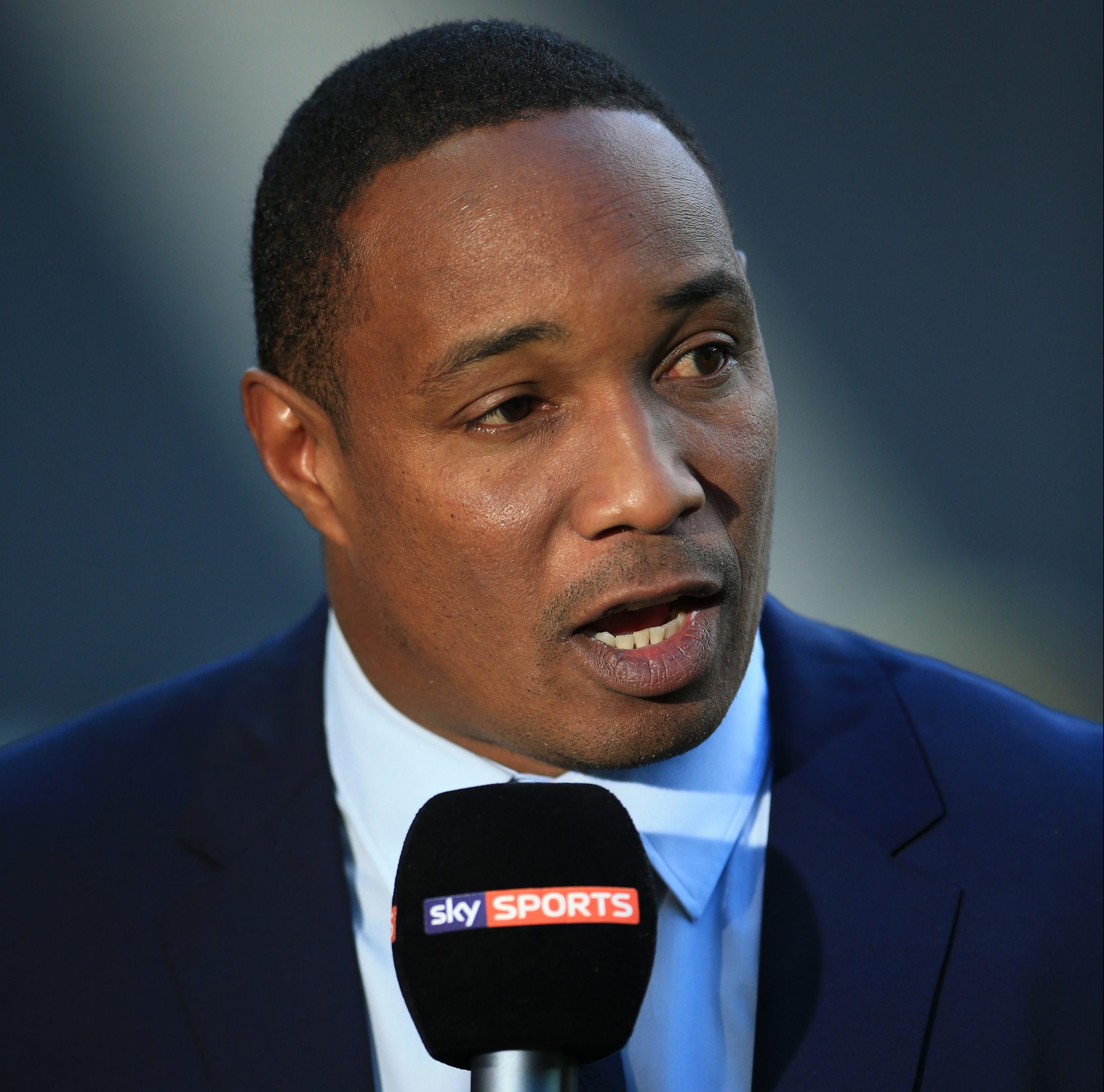
PAUL INCE was a great footballer.
He won over 50 caps for England and starred for some huge clubs – Manchester United, Inter Milan and Liverpool among them.
Respect for his achievements on the pitch, though, doesn’t cover the fact he sat and talked absolute nonsense during week.
He was working as a television pundit on the international game between France and Spain.
While a friendly, it was a historic occasion because big decisions were reviewed by a video referee.
There were two key calls in particular – Antoine Griezmann had a goal disallowed for offside for France, and Gerard Deulofeu was awarded Spain’s second goal in the 2-0 win after an offside call was overruled.
They had a crucial impact on the game and, thanks to the benefit of replays, were 100% correct.
It should have been a cause for celebration. But, incredibly, in the analysis afterwards, Ince complained about it.
He claimed using a video referee took the fun out of things because it removed controversy and, in the process, much of the entertainment.
In addition, he criticised the delay waiting for the verdict because it broke up the flow of the game, something which has always been part of football’s attraction to fans at the match, or watching on TV.
I only wish I had been there on the panel with him because I would have torn into him.
In 2009, then working as the SFA’s Chief Executive, I pushed for the use of the exactly this measure at committee level with both FIFA and UEFA.
Back then, they didn’t want to know. Franz Beckenbauer was, I remember, particularly opposed. The human element of the referee’s role had to be preserved.
A “human element” which included regular mistakes.
I couldn’t understand their attitude at all, and didn’t have long to wait for an example which was the perfect example of my argument.
It came in November of the same year at the Stade de France in Paris.
The hosts and the Republic of Ireland were playing off for a place at the 2010 World Cup Finals.
Ireland had trailed 1-0 from the first leg at Croke Park, but drew level on aggregate to take the tie into extra time.
Thierry Henry got the now-infamous winner by handling the ball into the net.
The goal was allowed to stand and the Irish were out.
It was an appalling decision and one which infuriated football fans around the world.
Henry apologised, but the Republic players were still robbed of their dream to compete on the game’s highest stage.
The costs were financial as well as emotional, something which was eventually recognised by FIFA when they paid the Football Association of Ireland millions of dollars in compensation for their loss.
How anyone who witnessed the misery and outrage caused by that incident could be against the use of video referees is beyond me.
Ince’s idea that it would leave people with nothing to talk about after games is, as I said, a nonsense.
There is never any shortage of material on that front, and never will be with the video referees only coming into play for major decisions.
Likewise his complaint about the hold ups, doesn’t hold water.
Griezmann’s enthusiastic celebrations made it look worse, but it only took some 30 seconds for the correct verdict to be transmitted.
That’s the sort of break in play we see at throw-ins or corners, far less than when an injured player requires treatment.
Listen, I know there are more solid arguments against technology – cost being one of them.
Providing funding for its use for France-Spain is one thing. For a regulation league game between, say, Dundee and Motherwell would be another matter entirely.
Would it be right, though, to have it used in one Scottish game at a weekend, the Old Firm derby for example, and not in the others?
Absolutely. Any innovation which helps deliver fair sporting outcomes is to be embraced – regardless what Paul Ince says.

Enjoy the convenience of having The Sunday Post delivered as a digital ePaper straight to your smartphone, tablet or computer.
Subscribe for only £5.49 a month and enjoy all the benefits of the printed paper as a digital replica.
Subscribe